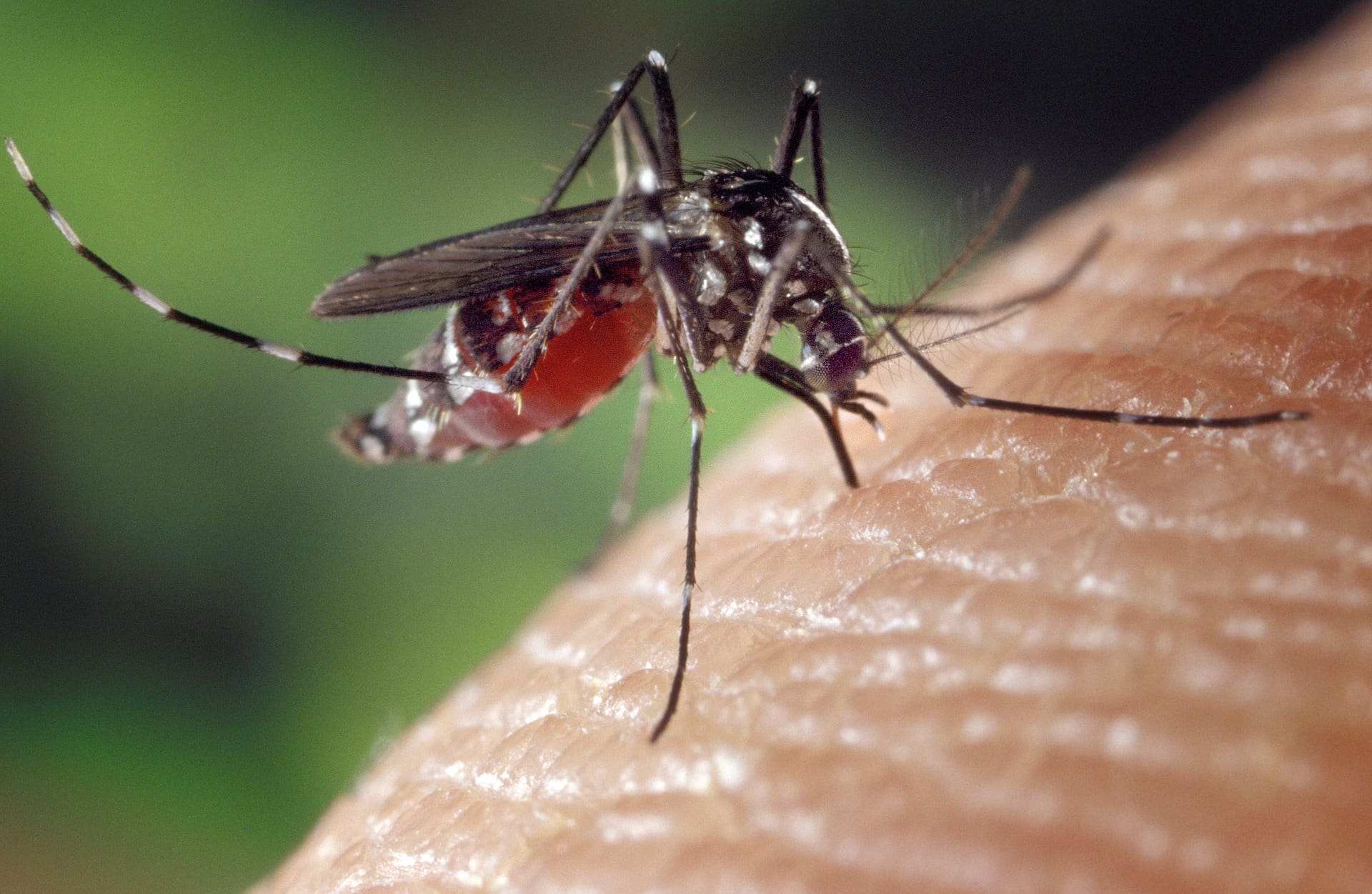Written by CPPP Health and Wellness Intern Julia Von Alexander
Currently there have been 49 recorded cases of people with Zika virus in Texas, almost all acquired from foreign travel. But experts believe that mosquitos carrying Zika will come to the Gulf Coast soon. While Texas has started a campaign telling people to protect themselves from mosquito bites, we have done too little to help the most vulnerable to avoid exposure. Low-income Texans may live in poor quality housing without air conditioning or window screens, or near areas that are breeding grounds for mosquitos. To make matters worse, these Texans may not be able to afford insect repellant or protective covering.
The federal Center for Medicaid and CHIP Services (a part of Centers for Medicare and Medicaid Services) released a bulletin on June 1st stating that all states can choose to cover insect repellant in their Medicaid and CHIP plans. If Texas takes this option, we could help some low-income Texans, including pregnant women, to obtain insect repellant. Over 3 million Texas children and over half of Texas’ pregnant women are covered by Medicaid today. Still, Medicaid coverage alone is not enough to prevent the spread of Zika throughout Texas, since most low-income Texans are not covered by Medicaid or CHIP.
In a letter sent to the Texas Health and Human Services Commission (HHSC), the Texas Association for Community Health Centers (TACHC) along with other provider and consumer advocacy groups, urged HHSC to address Zika virus more robustly in Texas. Their recommendations are as follows:
• Add insect repellent to the Texas Medicaid benefit immediately, and create a plan to ensure there are no barriers to getting a prescription (e.g. having to make a doctor’s appointment).
• Include insect repellant as a benefit in all safety net programs, including Healthy Texas Women, the Expanded Primary Care Program and existing Family Planning Program.
• Prioritize patient education on Zika for both men and women, including contraceptive counseling. Work with providers, certified promotoras, community health workers, and other partners to provide this education.
• Determine potential partnerships with relief organizations to enable immediate distribution of insect repellant.
Thank you to the TACHC for their leadership on this issue! Through the implementation of their recommendations we can ensure that all Texans have access to preventive measures and treatment for Zika. And, we can make sure Texas’ poorest families don’t have to choose between buying food or insect repellant.
